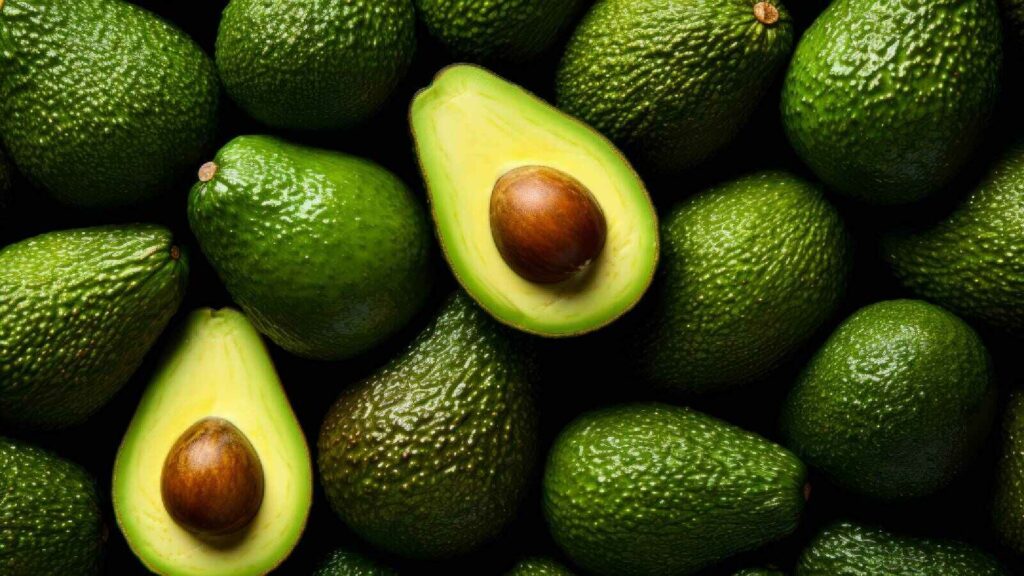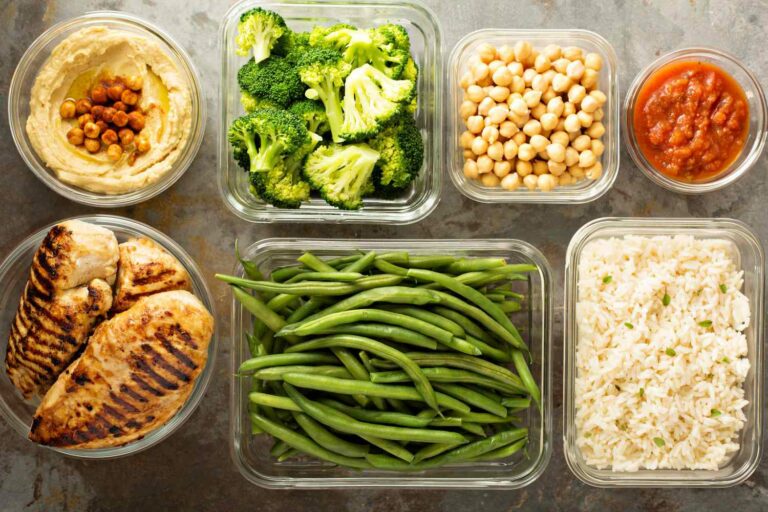Making informed food choices is essential for maintaining a healthy diet. Understanding the nutritional value of common foods can help you create well-balanced meals that nourish your body. Here’s a quick look at the nutritional breakdown of some common foods to help you make healthier choices.

1. Avocados
Avocados are often hailed as a superfood, and for good reason. A half of an avocado contains about 120 calories, 10 grams of healthy fats (mostly monounsaturated fats), 6 grams of fiber, and 1 gram of protein. They’re also rich in potassium, which supports heart health, and contain vitamins C, E, and K. Avocados are perfect for adding healthy fats to your diet and can be used in salads, sandwiches, or smoothies.

2. Chicken Breast
Skinless, boneless chicken breast is a lean source of protein. A 3-ounce serving contains around 140 calories, 26 grams of protein, and 3 grams of fat. Chicken breast is also a great source of B vitamins, including niacin and B6, which are important for energy production and metabolism. It’s a versatile protein that can be grilled, baked, or added to a variety of dishes.

3. Spinach
Spinach is a nutrient-dense leafy green, packed with vitamins and minerals. One cup of raw spinach has only 7 calories, but it provides 2.7 milligrams of iron, 281 milligrams of potassium, and a significant amount of vitamins A and K. Spinach is also rich in antioxidants, which help protect the body from oxidative stress. It’s a perfect addition to salads, soups, and smoothies.

4. Sweet Potatoes
Sweet potatoes are an excellent source of complex carbohydrates, fiber, and essential vitamins. A medium-sized sweet potato (about 5 inches long) contains roughly 100 calories, 24 grams of carbohydrates, and 4 grams of fiber. They’re also a great source of vitamin A, which supports eye health, and have a lower glycemic index than regular potatoes, making them a good option for those looking to manage blood sugar levels.

5. Almonds
Almonds are a great snack option that provides healthy fats, protein, and fiber. A 1-ounce serving (about 23 almonds) contains 160 calories, 6 grams of protein, and 14 grams of fat, along with 3.5 grams of fiber. Almonds are also rich in vitamin E and magnesium, both of which play important roles in maintaining heart health and reducing inflammation.
By understanding the nutritional breakdown of these common foods, you can make better decisions when it comes to meal planning and balancing your diet. Incorporating a variety of these nutrient-rich options into your meals will support your overall health and wellbeing.






